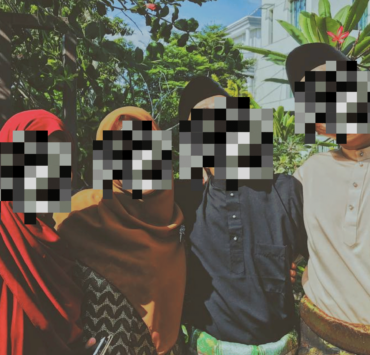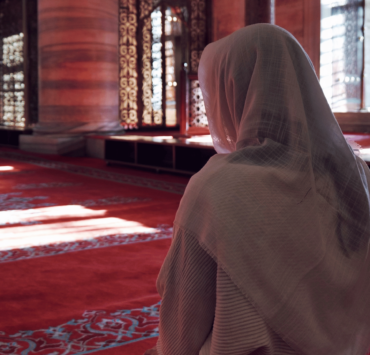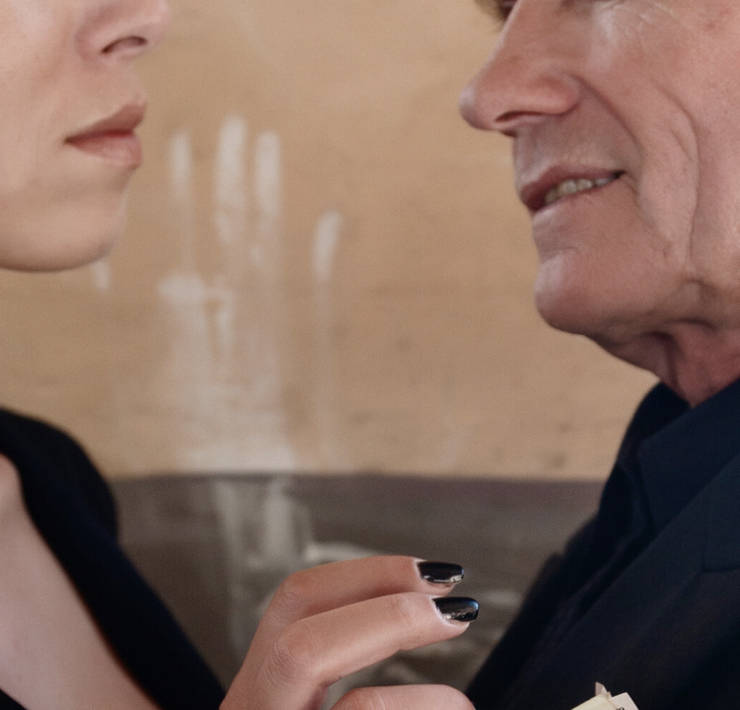Celebrating Hari Raya Used To Be A Luxury Because I Was Poor.
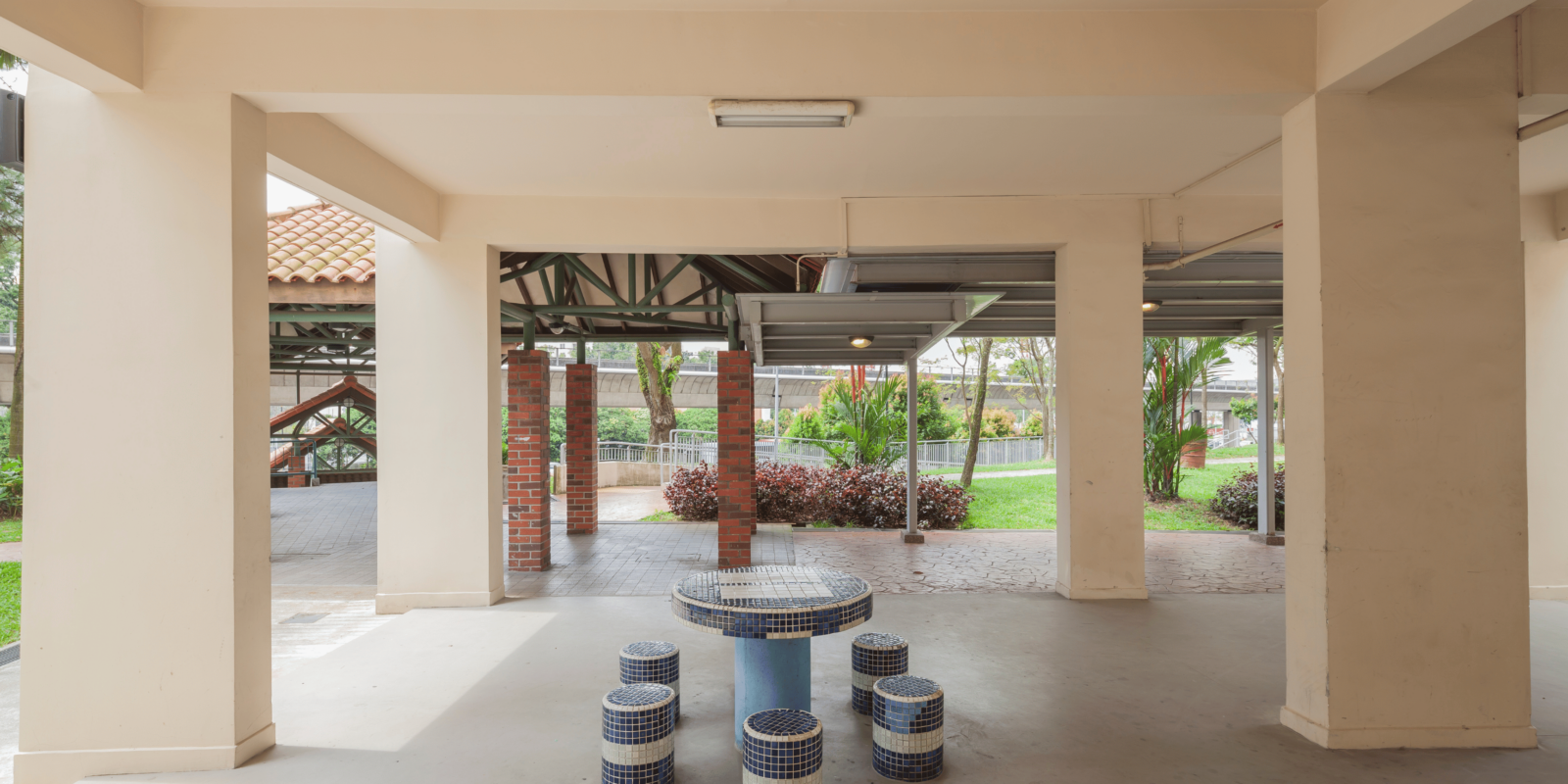
My Hari Raya was always unconventional growing up.
When I was younger, we were pretty broke. I had to stay with my grandma for a few months during that period so that my parents could lessen their expenses. We’re a lot more comfortable now but growing up with a lower-income background does shape your worldviews differently. I learned to find joy in the simple things life had to offer, and now I miss it. And I guess all of that has resulted in our Hari Raya being very unconventional. It’s the case with other Malay households too I think. The way our celebrations look seems a lot less homogenous compared to maybe CNY. Cultures are mixed and preserved varyingly, and the only thing we all follow strictly is Ramadan.
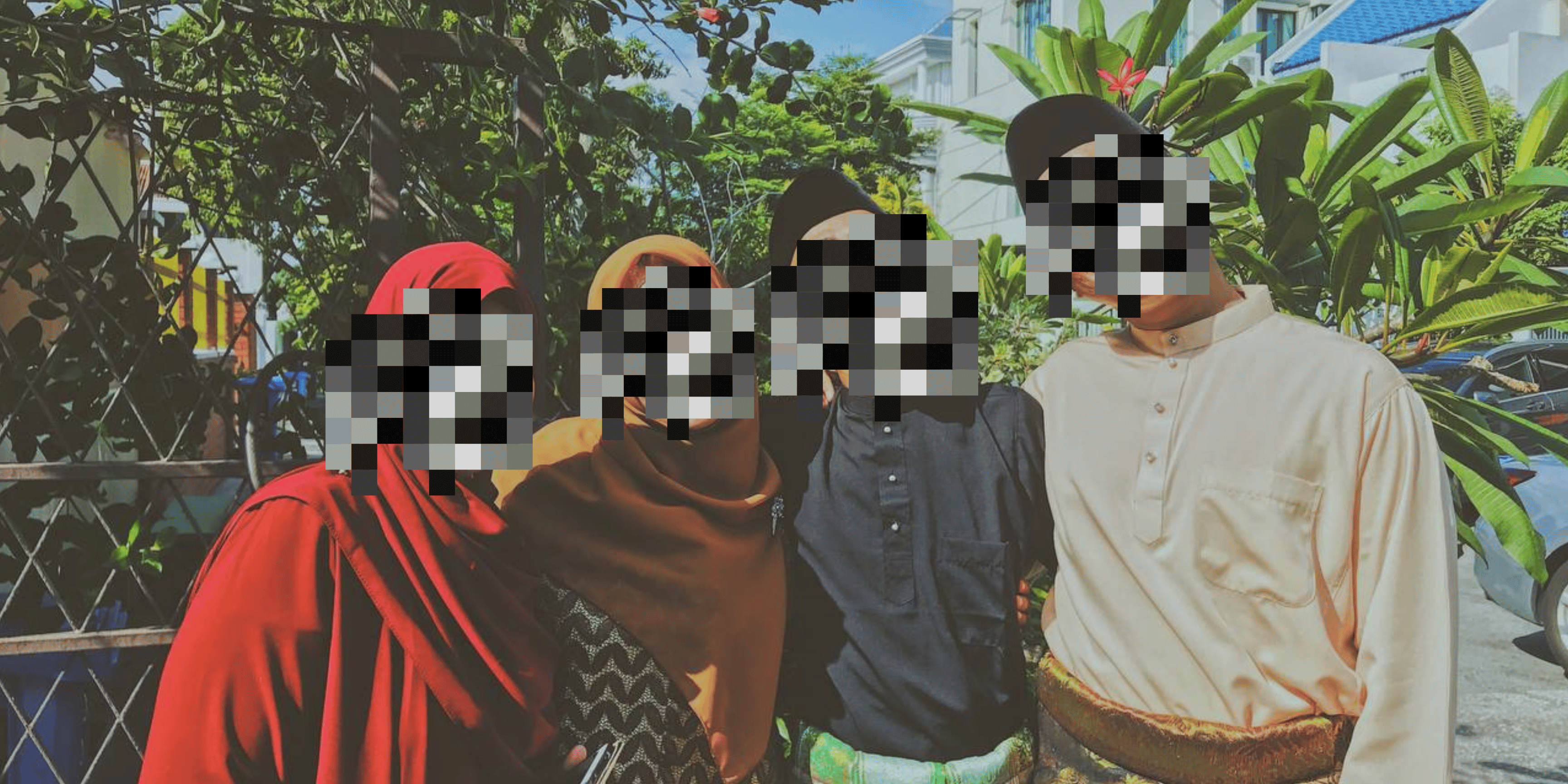
Both my father and my uncles hated wearing traditional costumes. They’ll just wear their old-school LEVI’s while my mum and I would glam ourselves up in traditional costumes. If anything, I feel like I’m the one trying to stay authentic to the festive vibes as much as possible. Subconsciously maybe social media just peer pressures you to dress for the occasion. But so went we went visiting together, unlike other families wearing the same theme or colour, we’d look quite ‘mixed’. Everything changed when the pandemic happened though. We became more bonded as a family and we started to all wear the same clothes. It was a simple change but it felt heartwarming to see everyone trying to celebrate together.
As someone who came out of poverty and is stable now, I find Geylang Bazaar totally absurd.
Growing up lower-income to middle-income, when I went visiting with my relatives, it was always rendang in every single household. Now, I’ve gotten sick of it. Imagine having to eat seven rendangs in a row in a day — it’s just too much. But I grew up learning about being prudence and tradition at the very least. Now that we’re in alot more of a comfortable situation financially, we do indulge abit. But even so, overly hyped up things like ‘Geylang Bazaar’ still feels absurd to me.
The whole atmosphere of the Geylang Bazaar feels nothing like what Hari Raya is to me. Introduction of non-raya stalls have dulled down the traditional vibes. It’s become so mainstream that it has lost its identity and feels like any other Pasar Malam, with the same food, just higher prices. I feel like people put so much emphasis on it to the point it has become a prerequisite to celebrating Hari Raya. It’s as if, if you don’t go during Ramadan, you’re not celebrating Hari Raya at all. I guess growing up not being able to afford luxuries, to me it feels abnormal and unauthentic still, to spend so much on food. There’s nothing that costs below $4. Everything costs $5 and above.
The income gap issue in the Malay Community is still a pressing issue. I feel like we overlook that a lot.
It just doesn’t make sense knowing the reality of the my community in Singapore. A lot of us are not very well-to-do or just barely scratching by. It makes us feel excluded and what is supposed to be an accessible market concept, has evolved into a place only the weather can afford to spend. To save money and spend time together, we just cook at home now.
As with other new years, there is also this tradition of buying new clothes every year. If you buy and wear it only once a year, it’s unsustainable. So we’ve grown to just reuse a previous set of colours that we didn’t wear the previous year. I doubt anybody cares anyways, Hari Raya is all about bonding and the people.
Ramadan & Hari Raya is also about prudence. For some of us, the only thing we can afford to celebrate is our faith and love, not feasts.
When you don’t wear your Hari Raya clothes anymore, and there are in good condition, perhaps you could give it away to distribute it away to the less-fortunate. The same goes with furniture or appliances. Ramadan is a month of giving back and prudence too. Being charitable instead of wasteful is a good habit to have. Even seemingly small things like paint is also expensive. You could donate or organise community initiatives to paint the households of lower income families. It may feel trivial to you, but growing up poor, gestures like that make a lot of difference. It boosts your spirit and you feel more included.
Not all of us have the luxury to ‘celebrate’ Hari Raya. For some of us the only thing we can hold on to is our faith, our family and our love for one another. Feasting and visiting are for the more fortunate. I’m glad I grew up poor so now that I’m stable, I understand the importance of preserving tradition. It’s the one thing we should never forget. Because it is what connects all of us regardless of our status.
How is Hari Raya season for you? Is it a joyous celebration or just another day?






